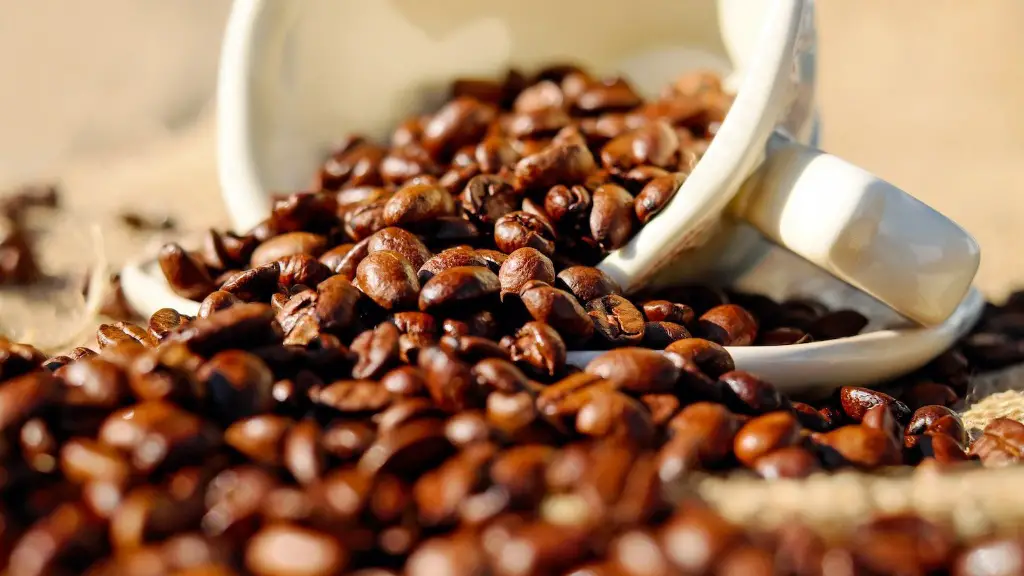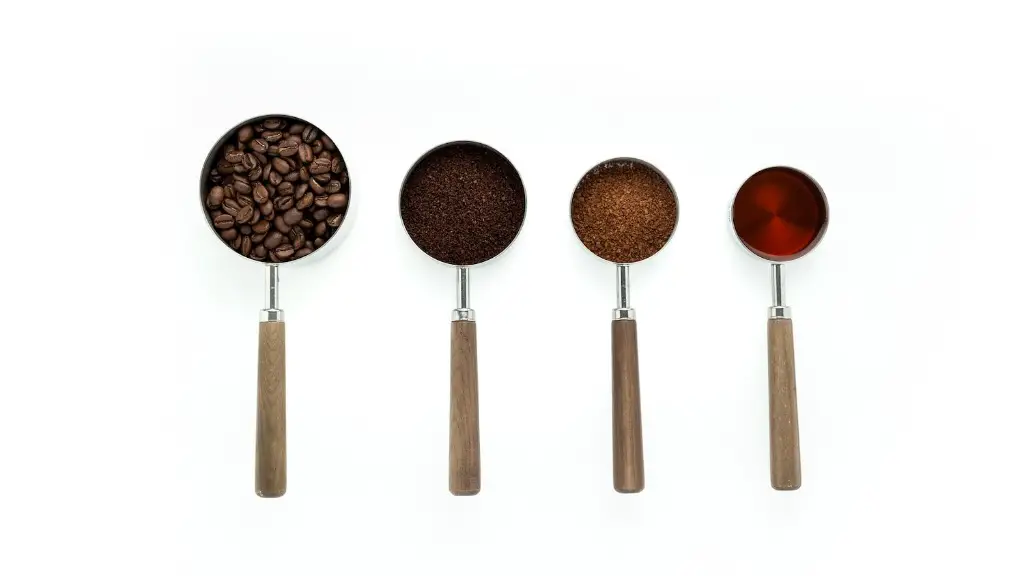The Link Between Coffee and Acne
Coffee and acne have a complex relationship that can vary from person to person. While studies have come out on both sides of the argument, there is no consensus on the impact of coffee on skin health and breakouts. It really depends on the individual and their lifestyle.
Coffee and Acne: Programmed into Our Genetics
It has been established by scientists, geneticists, and dermatologists that some individuals are simply more prone to experiencing breakouts or skin issues when they come into contact with products like caffeine or dairy. These people have a gene that signals the body to produce more of something called GLP-1 (glucagon-like peptide 1), which is known to lead to sudden spikes in sebum production, causing flare-ups or breakouts.
Caffeinated Beverages as a Trigger
Those with a predisposition to acne may feel the effects of caffeinated beverages. A study conducted in 2018 found that of over 400 participants, those who reported drinking caffeinated beverages and had a higher GLP-1 gene were more likely to report issues with acne. On the upside, this study showed that the participants who did not report any caffeine intake had no discernable changes in their skin health. This suggests that the link between caffeine and acne is situational.
Dehydration and Caffeine’s Impact
The effects of caffeine on the body generally come down to dehydration. Any drink with caffeine in it will act as a diuretic, meaning it can draw water from the body’s cells, resulting in dryness and inflammation. This can tip off a reaction that can lead to breakouts.
The Positive Side to Coffee
Despite popular belief, coffee can actually have positive impacts on skin health. Coffee has anti-inflammatory properties which can reduce redness and irritation. Additionally, coffee is packed with beneficial antioxidants that can help skin heal and reduce the risk of future damage or breakouts.
The Moderation Is Key
The amount we consume can be a determining factor on skin health. According to dermatologist Michele Green, MD – “excessive caffeine intake can definitely exacerbate skin conditions, such as acne. When consumed in moderation, however, coffee has the potential to improve skin health by contributing antioxidants to the body.” So for those who enjoy their lattes, the key here is to drink in moderation.
Momentary Effects of Coffee
For some, even small amounts of caffeinated beverages can disrupt the balance of their skin. The good news is it’s usually only a temporary effect. Cutting out caffeine for a few days can usually clear up any issues, however, it’s important to check with a dermatologist or medical professional before introducing any major dietary or lifestyle changes.
Swapping Black Coffee for Decaf Alternatives
If you’re concerned about breakouts, you may want to consider switching to decaf. Decaf black coffee, which still has similar health benefits to its caffeinated counterpart, has been shown to have little to no effect on skin when compared to regular coffee.
Components of Coffee With Acne Links
Milk and sugar are two components of coffee known to trigger breakouts. Milk is full of growth hormones which can disrupt skin health, while sugar spikes our insulin levels, producing a pro-acne hormone reaction in the body. To reduce the risk of breakouts, try using non-dairy nut milks instead of dairy milks. Additionally, if you’re looking for a sweet addition, opt for sugar alternatives like stevia, monkfruit, and maple syrup.
Drink Coffee and Reduce Acne With Proper Diet and Skin Care
While medical opinions differ on the connection between coffee and acne, it’s still possible to enjoy a cup or two with minimal risk of breakouts. Combining a balanced diet, proper skin care routine, and an occasional cup of coffee can help maintain skin health and reduce the risk of future breakouts.
Healthy Consumption of Coffee
When consumed in moderation, coffee can be a great addition to your daily routine. The key is to limit the amount that you drink to one or two cups per day. Try to keep your caffeine intake below five hundred milligrams, as this is what is usually considered safe for the body.
Alternative Sources of Caffeine
If you’re trying to reduce your intake of coffee and still want to feel energized and alert during the day, there are plenty of other healthy sources of caffeine you can turn to. Green tea, yerba mate, black tea, and guarana, are all good alternatives that can provide you with a boost. Additionally, they’re often significantly lower in caffeine than coffee.
Choose Decaffeinated Alternatives
For those who are concerned about the effects of caffeine on their skin, there are plenty of decaffeinated coffee alternatives available. Decaffeinated coffee still contains a small amount of caffeine, but is often significantly lower than the amount of its caffeinated counterparts. Another option is to opt for organic blends, which tend to have fewer artificial components and additives.
Manage Existing Acne
If you don’t have a lot of positive experience with coffee and your skin, there are still a lot of things you can do to help manage existing breakouts. Eating a balanced diet and avoiding foods with added sugar is key. Additionally, you can use spot treatments like salicylic acid to reduce the appearance of acne. Finally, avoiding touching your face can greatly reduce the risk of breakouts.
Alternative Skin Products
While proper diet and skincare can help to tackle existing acne, natural skincare products can also be beneficial. Simple skincare products like almond oil and turmeric masks can help to reduce inflammation and clear up existing breakouts. Additionally, making sure to use a moisturizer with SPF can prevent further damage and breakouts.
Taking the Right Precautions
Coffee can be a great way to improve energy and focus during the day, however, it is important to make sure to take the right precautions if you are prone to breakouts. Since some are more prone to caffeine-related breakouts, it is important to listen to your body and figure out what works for you.
Adjusting Your Coffee Intake
For those who have a regular coffee habit and have concerns about their skin health, a great way to start is to adjust the amount that you’re drinking. Consider switching to coffee alternatives or decaffeinated options when possible. Additionally, account for the effects of coffee that don’t necessarily come down to its caffeine content, such as sugar and milk additives.
Conclusion
Overall, the link between coffee and acne as complex. While some can experience breakouts as a result of coffee intake, others can drink coffee with no issues at all. It really comes down to each individual and their lifestyles. To optimize your skin health, consider the benefits of swapping regular black coffee for decaffeinated versions or alternative caffeinated beverages with lower caffeine content. Additionally, make sure to maintain a balanced diet, practice proper skin care, and take the right precautions when drinking coffee.




